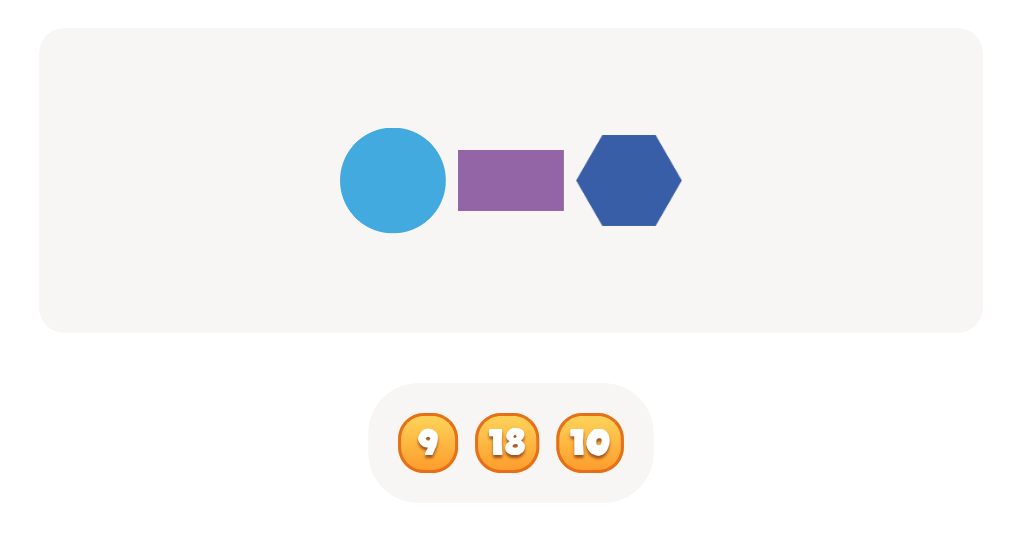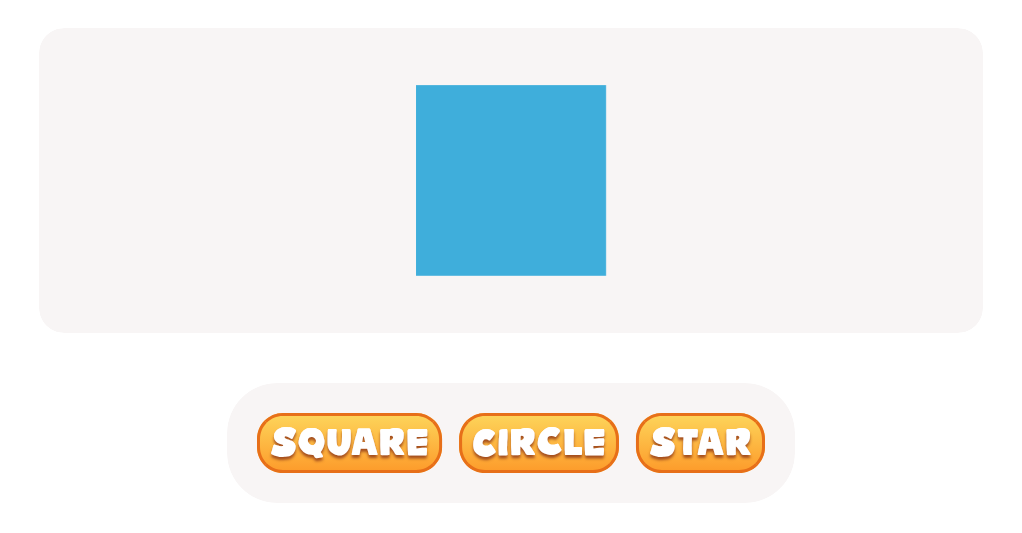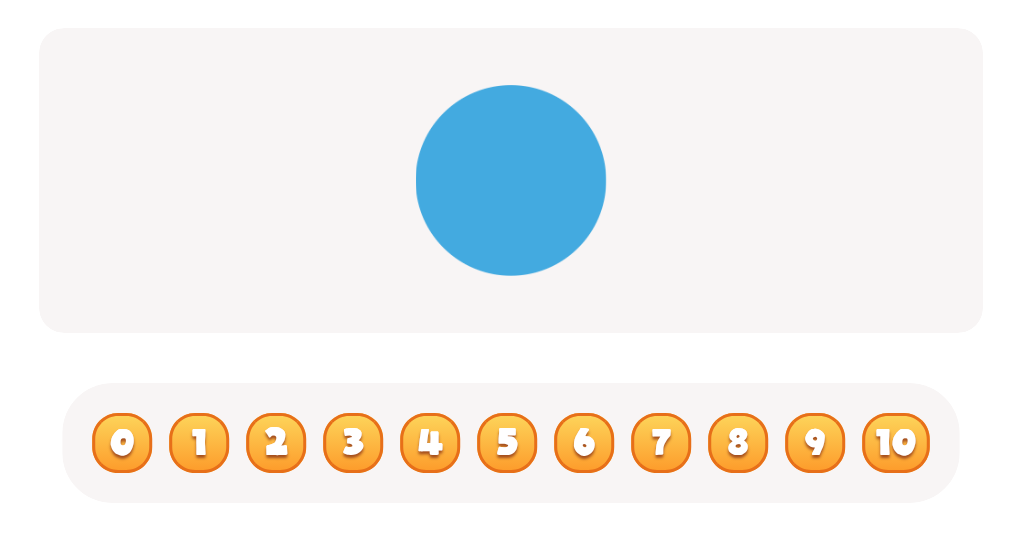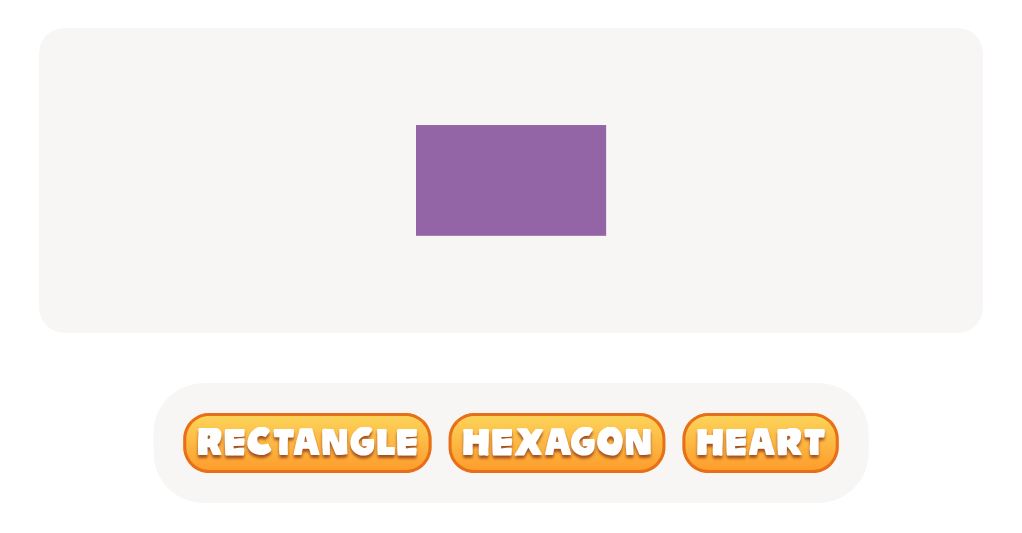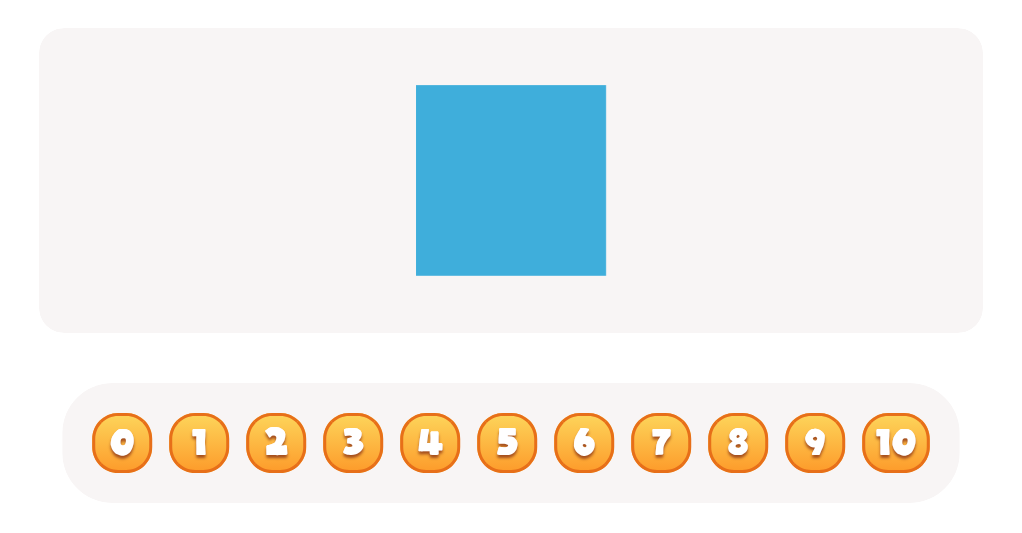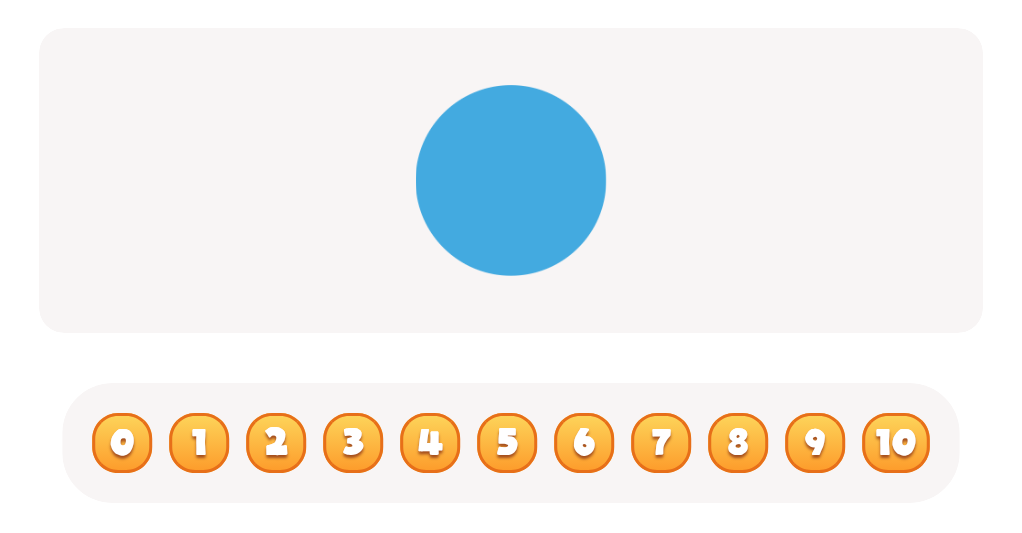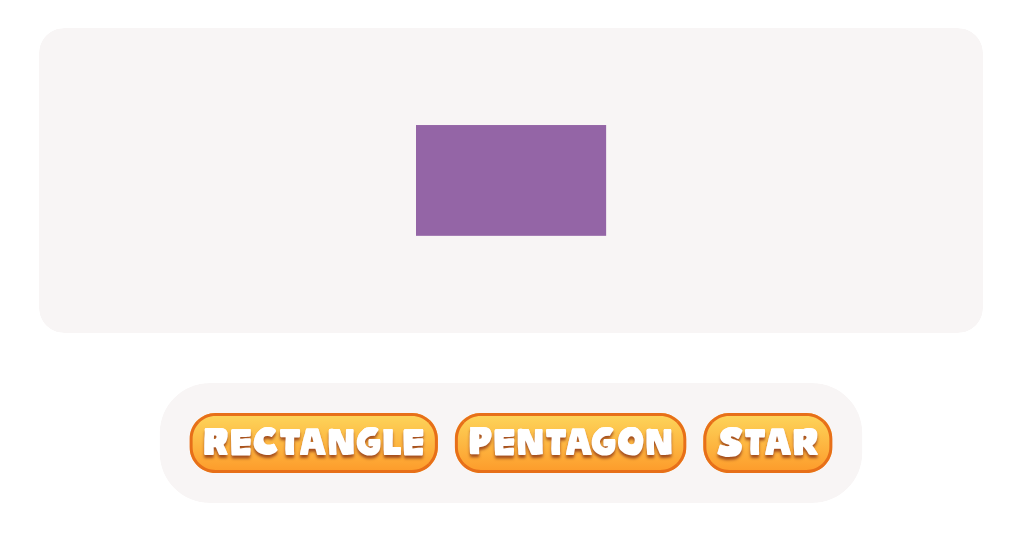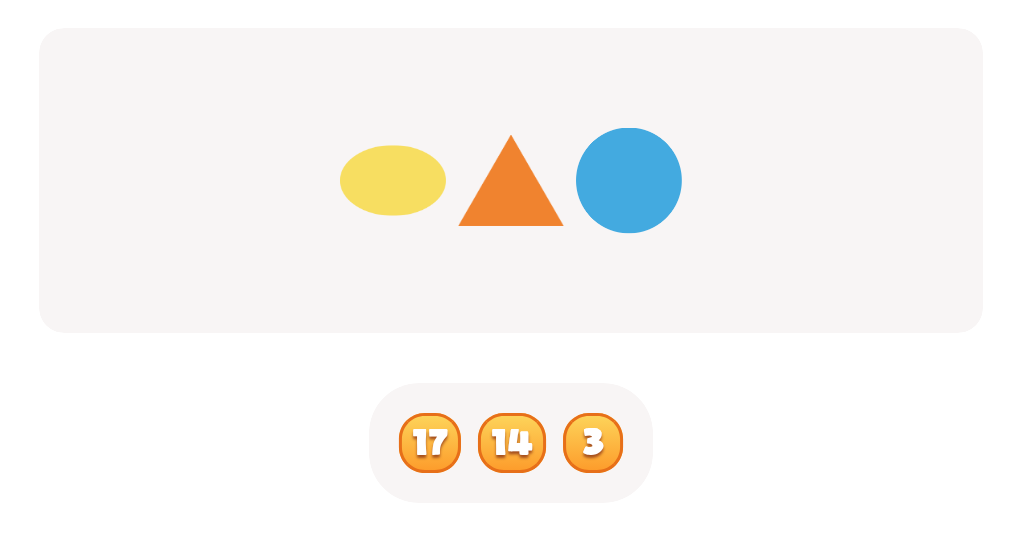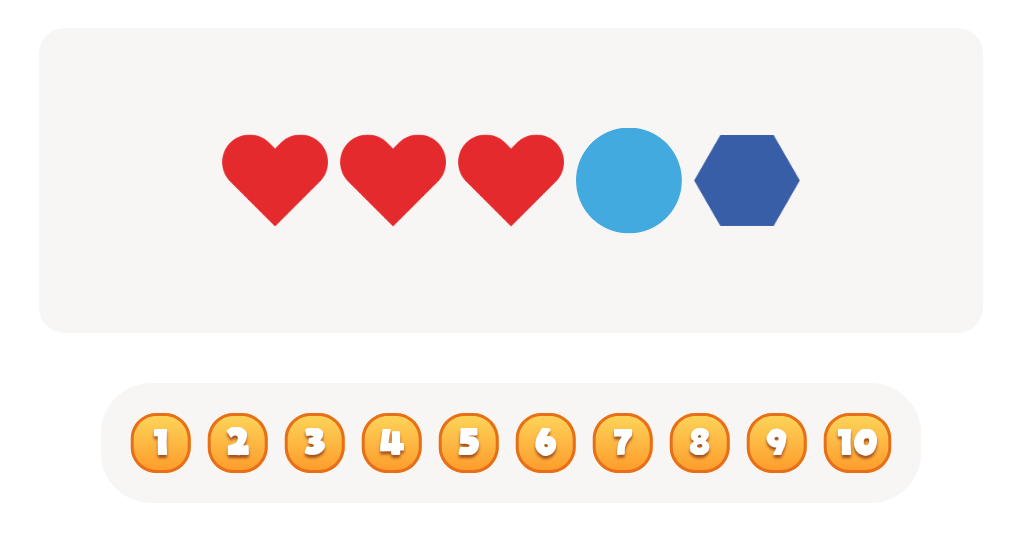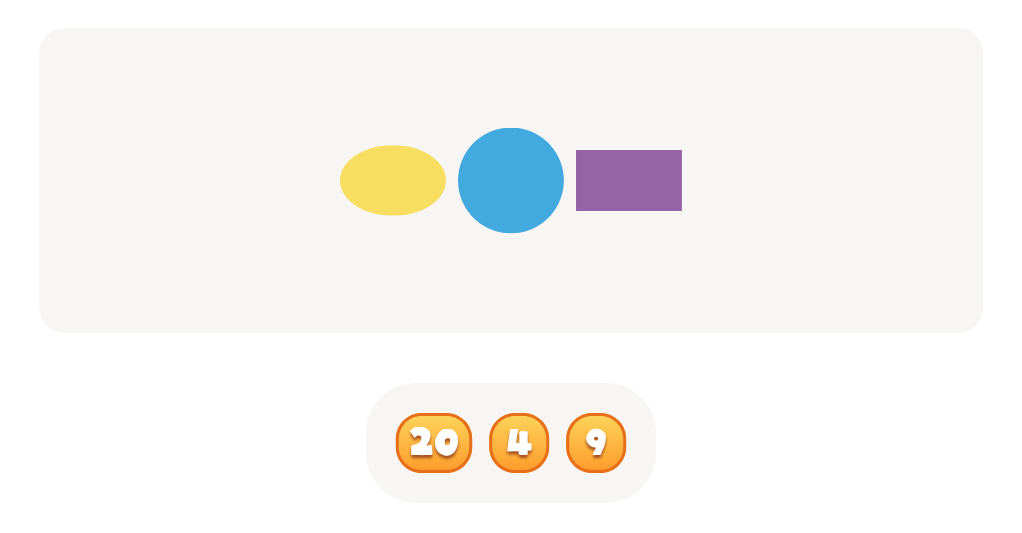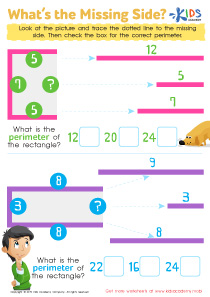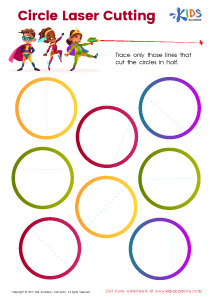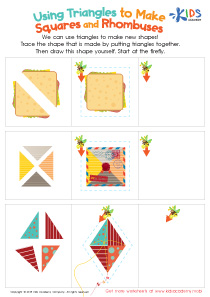Shape identification Normal 2D Shapes Worksheets for Ages 3-7
4 filtered results
-
From - To
Enhance your child's early math skills with our Shape Identification 2D Shapes Worksheets, designed for ages 3-7. These engaging and educational worksheets help young learners recognize and identify basic 2D shapes such as circles, squares, triangles, and rectangles. Featuring fun activities and vibrant illustrations, our worksheets foster shape recognition, fine motor skills, and critical thinking. Perfect for both classroom and home use, these resources offer an enjoyable way for children to grasp early geometry concepts and build a strong math foundation. Spark your child's curiosity and watch them master shapes through interactive learning!
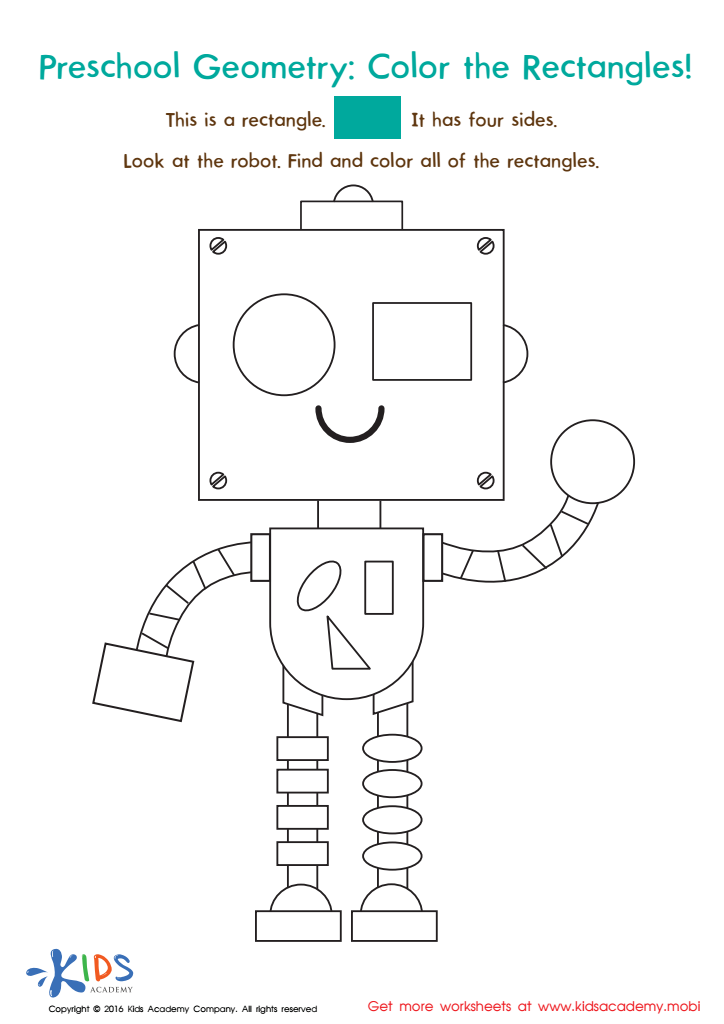

Geometry Worksheet
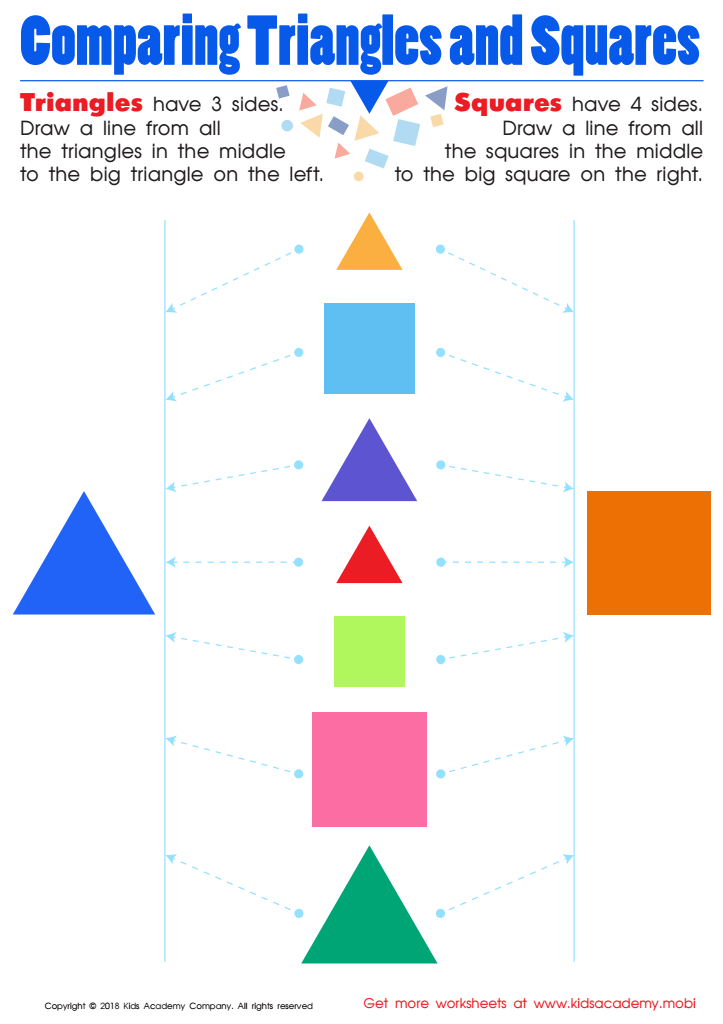

Comparing Triangles Squares Worksheet
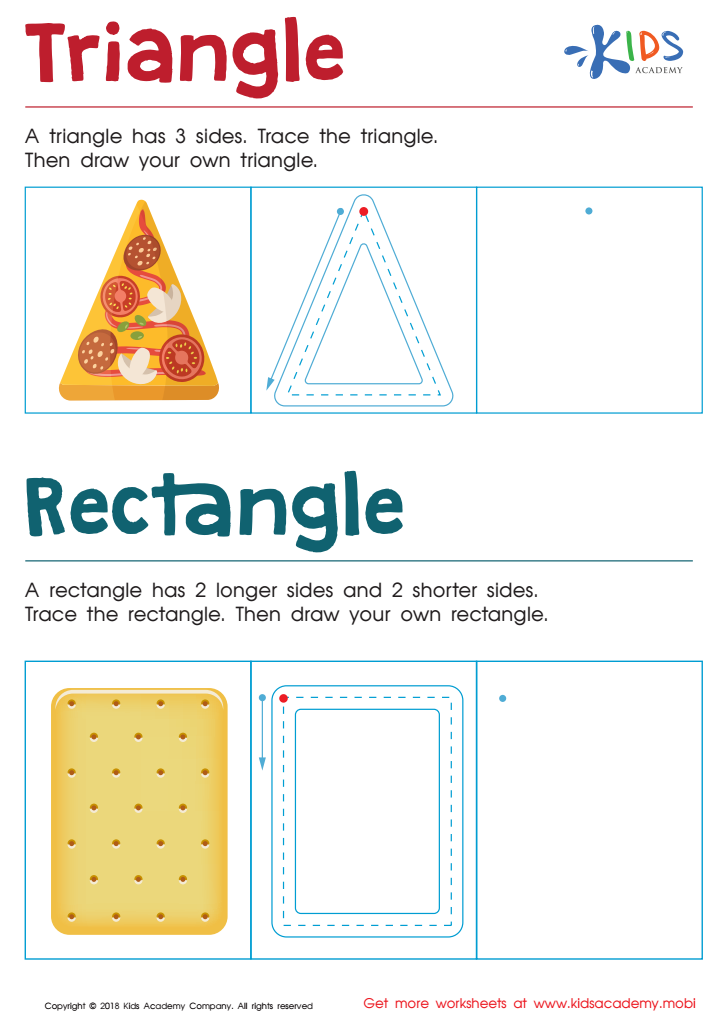

Triangle Rectangle Worksheet
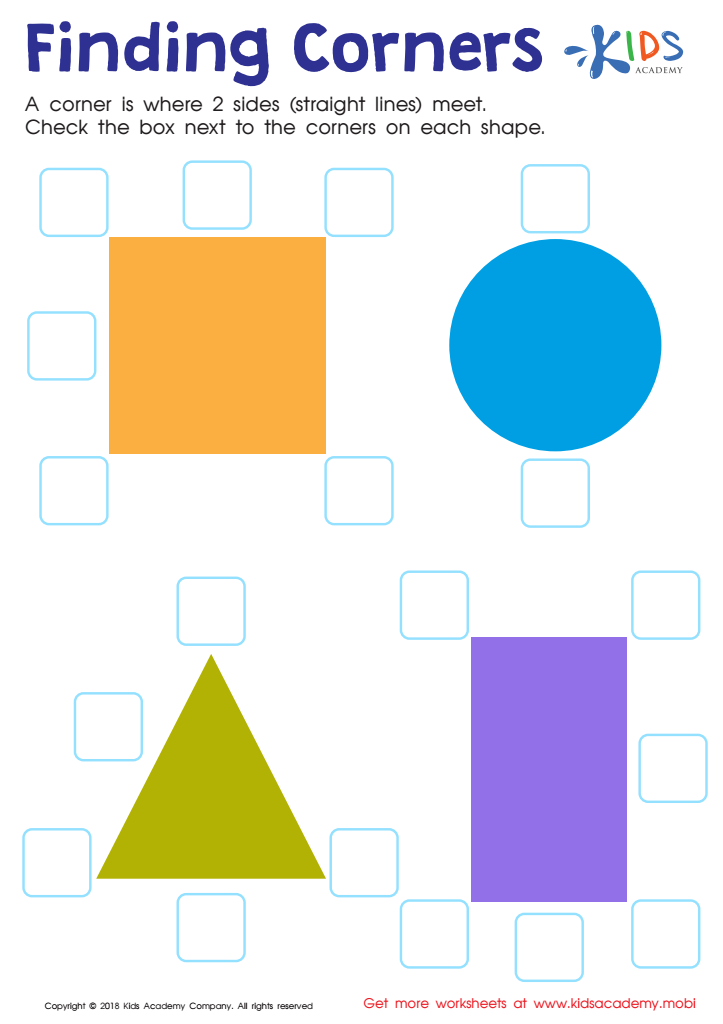

Finding Corners Worksheet
Shape identification is a fundamental skill for young children aged 3-7, and understanding why it’s important can greatly motivate both parents and teachers to incorporate it into daily activities.
At the core, recognizing and naming shapes helps develop children's cognitive abilities. By differentiating between various shapes, kids enhance their visual perception and spatial awareness, crucial skills for everyday tasks and later academic learning such as reading and math. For instance, distinguishing between a circle and a square is a precursor to recognizing the difference between similar-looking letters or numbers.
Moreover, teaching shapes enriches vocabulary and language development. When children learn terms like "triangle," "rectangle," or "oval," they build their descriptive capabilities and communication skills.
Shape identification also supports motor skills and encourages problem-solving. Activities like sorting shapes, drawing, and patterning require fine motor coordination and thought processes, allowing children to practice and refine these skills in a fun and engaging manner.
Additionally, knowledge of shapes is applicable in real-life contexts. Understanding shapes assists children in navigating the world around them, identifying traffic signs, organizing objects, and appreciating art and nature.
Ultimately, engaging young kids in shape identification sets a strong educational foundation, enhances their holistic development, and equips them with essential skills for future learning and daily living.
 Assign to My Students
Assign to My Students
